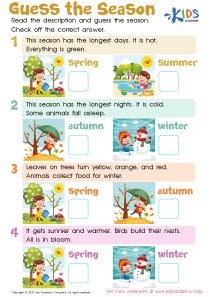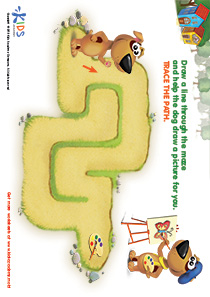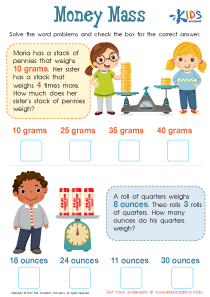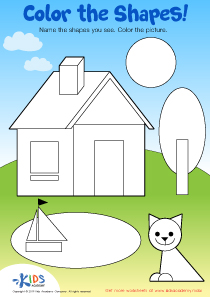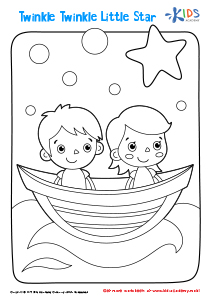Science Lessons | Relationships in ecosystems, Grade 2
4 results
Our Relationships in Ecosystems Lessons for Grade 2 students are the perfect way to introduce young learners to the interconnectedness of nature. Through interactive worksheets, fun educational videos, and assessment quizzes, children will explore the relationships between living and non-living things in different ecosystems. They will learn about food chains and food webs, predator and prey relationships, the role of decomposers, and how plants and animals depend on their environment for survival. These lessons will help children develop a deeper understanding and appreciation for the fascinating and diverse ecosystems that exist around us.
Learning about relationships in ecosystems can be an incredibly helpful tool for children in Grade 2. These lessons, which often consists of interactive worksheets, educational videos, and assessment quizzes, can teach children about the relationships between different species and how they work together to form ecosystems.
One of the key benefits of these lessons is that they help children to understand the natural world around them. When children learn about what different animals eat, where they live, and how they interact with each other, they can begin to appreciate the complex ways in which ecosystems function. This knowledge can inspire curiosity and interest in the natural world, which can lead to further exploration and learning in future grades.
Moreover, these lessons can help children develop critical thinking skills. By exploring relationships in ecosystems, children can learn about cause and effect, and understand how changes to one organism can impact an entire ecosystem. This type of learning can help children to develop their analytical and problem-solving skills, which will be useful throughout their academic careers.
In addition, studying relationships in ecosystems can also teach children about the importance of conservation and environmental stewardship. By learning about the ways in which different organisms depend on each other, children can begin to understand how fragile ecosystems can be. This can inspire them to become advocates for the environment and work to protect natural habitats.
Finally, these lessons can be fun and engaging for children. Interactive worksheets, educational videos, and quizzes can help keep children interested and motivated to learn. By making learning about ecosystems exciting and enjoyable, we not only encourage children to continue to learn about the topic, but also help them to develop a positive attitude towards learning.
In sum, teaching children about relationships in ecosystems can be incredibly helpful in a variety of ways. By helping them to understand the natural world, develop critical thinking skills, appreciate the importance of conservation, and enjoy learning, these lessons can prepare children for future academic success and also inspire them to be curious and engaged citizens of the planet.

